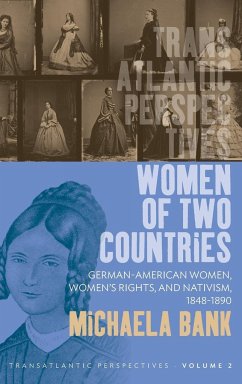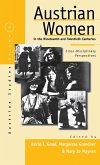German-American women played many roles in the US women's rights movement from 1848 to 1890. This book focuses on three figures-Mathilde Wendt, Mathilde Franziska Anneke, and Clara Neymann-who were simultaneously included and excluded from the nativist women's rights movement. Accordingly, their roles and arguments differed from those of their American colleagues, such as Susan B. Anthony, Elizabeth Cady Stanton, or Lucy Stone. Moreover, German-American feminists were confronted with the opposition to the women's rights movement in their ethnic community of German-Americans. As outsiders in the women's rights movement they became critics; as "women of two countries" they became translators of feminist and ethnic concerns between German- Americans and the US women's rights movement; and as messengers they could bridge the gap between American and German women in a transatlantic space. This book explores the relationship between ethnicity and gender and deepens our understanding of nineteenth-century transatlantic relationships.
Hinweis: Dieser Artikel kann nur an eine deutsche Lieferadresse ausgeliefert werden.
Hinweis: Dieser Artikel kann nur an eine deutsche Lieferadresse ausgeliefert werden.








